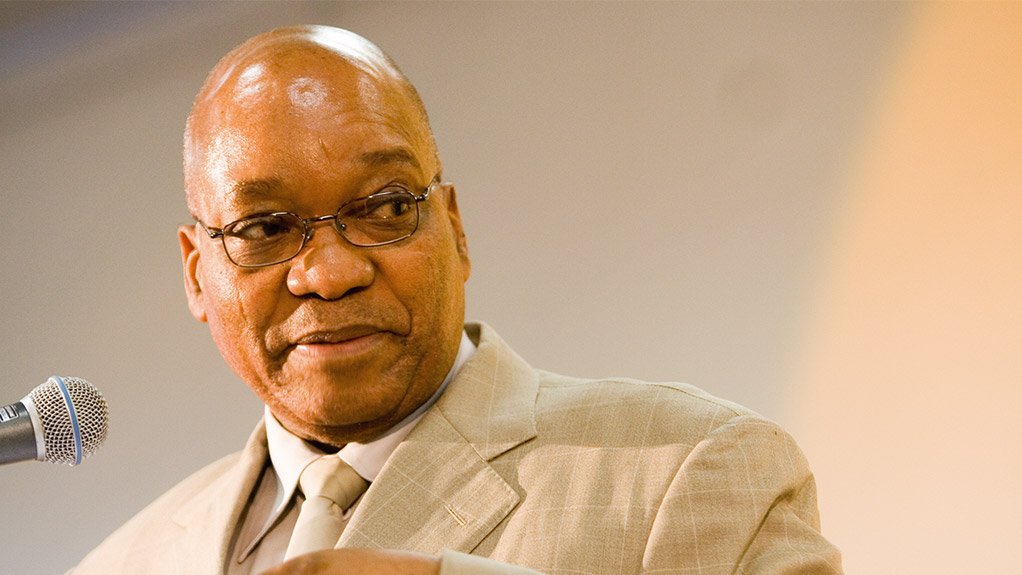/ MEDIA STATEMENT / The content on this page is not written by Polity.org.za, but is supplied by third parties. This content does not constitute news reporting by Polity.org.za.
The South African Federation for Mental Health has written to President Jacob Zuma asking that the 21st of March, Human Rights Day, be declared a national day of mourning for those who lost their lives in the Life Esidimeni tragedy. The mental health care users who lost their lives due to mismanagement and negligence deserve to be honoured and remembered, and it is our hope that the Presidency will show its commitment to the human rights of mental health care users by granting this request.
SAFMH has also asked the President to ensure that NGO’s and community based mental health organisations are included as part of the process of reviewing and improving mental health in South Africa. We ask to be included in this process as allies and partners in order to ensure that mental health care users receive the highest possible levels of care and treatment. The Life Esidimeni tragedy has shown the necessity of upscaling community based mental health services, and of ensuring that community based NGOs and organisations receive adequate support and resources.
In light of this, SAFMH welcomes the commitments made by the Gauteng MEC for finance Barbara Creecy in the 2017/18 financial budget. For too long mental health has been under prioritised and underfunded, and it is heartening to see that R893.8 million has been set aside over the next three years to fund the provision of effective and efficient mental health care services in Gauteng.
While the Gauteng Department of Health is busy with the relocation of the former Life Esidimeni patients to licensed facilities, it is important to remember the crucial role that these community based mental health services play. Although the Life Esidimeni tragedy Revealed that DOH played a role in creating unlicensed NGOs who did not have the capacity to care for the patients, there are many licensed NGO’s who have been delivering quality care to their communities with a minimal subsidy from the state. Without these organisations many mental health care users would not have been able to receive the care and treatment they required.
SAFMH would like to urge both the provincial and national Departments of Health to commit to working with the community based NGO’s in order to effectively achieve the aims set out in the National Mental Health Strategic Action Plan. It is our hope that the President will take into consideration our requests and recommendations, and that the NGO sector will be allowed to play a role in reshaping and improving the mental health sector in South Africa, as well as the lives of South African mental health care users. The value of Community Based Services rendered by licensed NGO’s, from a Mental Health Care Users Perspective
“Community services for me as a person with Bipolar Mood Disorder Type 2 (BMD2), have contributed a great deal to my process of recovery. These services have educated me about my mental disability, especially when I had to take ownership of my condition. For example, there were certain lifestyle changes which I had to make, and my mental health had to be my main priority.
If it wasn’t for these community services, I would not have known about my rights as a person with a psychosocial disability, and that I should be treated with dignity and respect in my community. I am grateful for these community services, they have added value to my life. Being slowly integrated into society after learning of my mental illness was not easy. I was exposed to different services whereby I was taught about social skills and how to manage my mental health, what my triggers are and where to seek help if I am unsure of what the side effects of medication are. I believe these services should be accessible to all persons with mental disabilities.
These community services are very important to me, because they have not only assisted with therapy but they have also empowered me with tools to live a happy and productive life. I am grateful for these services, because if it wasn’t for them I would be living on the street, with no idea of how to heal and recover from my mental condition. People with psychosocial and intellectual disabilities need not suffer in silence, there are community services available to them, with resources to help them function in society.” - Sifiso Mkhasibe
See attachments.
Issued by South African Federation for Mental Health
EMAIL THIS ARTICLE SAVE THIS ARTICLE ARTICLE ENQUIRY
To subscribe email subscriptions@creamermedia.co.za or click here
To advertise email advertising@creamermedia.co.za or click here











